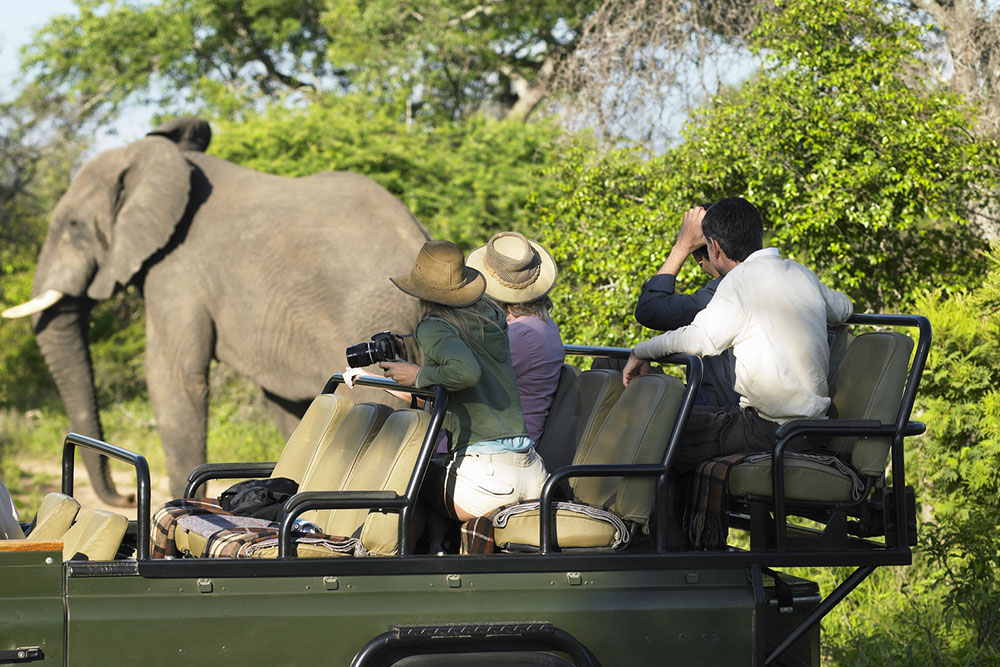9 common safari mistakes to avoid

The idea of embarking on a safari is exciting, but it could also make one nervous. It is, after all, coming rather close to beautiful wildlife such as elephants, giraffes, lions, and leopards. The thrill of booking a safari may often result in one overlooking many elements, which could ultimately hamper their overall experience through the tour. That being said, here are some of the common mistakes made during a safari and ways to avoid them.
Lack of research
The first step in picking a safari is to do ample research. Lack of research is one of the biggest safari mistakes to avoid as it may result in one booking an adventure far from their liking. Not all game reserves and lodges are created equal, so one should understand what they are booking. It is advisable to do some homework to determine factors like the quality of game viewing, the qualifications of the guiding team, and the standard of accommodation.
Wearing perfume
Wearing perfume is one of the most common safari mistakes to avoid. Strong and unusual smells are more likely to make the animals nervous, which could reduce one’s chance of spotting them. Further, on rare occasions, fragrances could make them more aggressive. So, while a bath before the safari is alright, one should avoid wearing strong deodorant or perfume before leaving for the morning or afternoon drive.
Carrying food along
One should ensure they have a good breakfast or lunch before going on safari because eating in the car is restricted. Some safaris might stop in certain areas where the guide and staff might have meals and drinks prepared for the tourists. One must remember that these places are picked beforehand so that neither the tourist nor the animal is at risk. The idea of keeping a safari vehicle free of food is to avoid having animals associate the visitors and the vehicle with food.
Feeding the animals
Several people attempt to feed the animals when on safari, which is completely discouraged. One should refrain from trying to feed the animals as they might associate the individuals and the car with an easy meal. Apart from putting the current tourists and future visitors at risk, it could also be unhealthy for the animals. If animals become used to being fed by humans, they become a huge risk to safari park management, and steps might be taken to put them down.
Flash photography
Safaris are intended for tourists to observe wild animals in their natural environment. And this needs to be carried out silently, without attracting attention. The animals are used to the shapes of the vehicles and the usual sounds that come from them, including low voices and engine grunts. However, a flash from a camera might disrupt the pattern and lead to issues. It could startle the animals and cause them to flee or get agitated and charge at the car, putting everyone and the animal in danger. Most animals that one might encounter during the safari are more sensitive to bright lights than humans. So, a bright flash of light might temporarily blind them. If this happens to herbivores, it could make them easy prey.
Leaving trash behind
While a safari is an enjoyable experience, one should remember to dispose of trash appropriately. Maintaining a game reserve is expensive and could cost a lot of money to keep clean. Any waste materials one might accumulate during the safari should come back with them to the accommodation at the end of the day. This will ensure the place is clean and reinforce the hosts with the level of respect one has for the reserve and animals.
Screaming and making fast movements
Safaris could make anyone nervous at any time, resulting in one screaming or even attempting to run. However, each member needs to keep their cool at all times. If an agitated animal charges at the vehicle, one should trust the guide to get it out, as that is what the professional is trained for. One should also ensure they keep kids as calm as possible. Individuals should also avoid any sudden movements, such as quickly standing up from their seats, which could put the animals in defensive mode and cause them to react aggressively.
Leaving the vehicle without permission
While this might seem pretty straightforward, many people leave the vehicle if they see an exotic animal or when there is a good photo opportunity. Irrespective of what’s happening during the safari, one should never leave the car without the guide’s permission. While one may think a location is risk-free, there might be animals around the vehicle that they may not see until they are almost on top of them, such as leopards hiding in the bushes or snakes on the side of the path. The guide is trained to determine whether it is safe to exit the car or not.
Being rude to the safari guide staff
Field guiding is a passion and, at the same time, a challenging task that some people dedicate their lifetime to mastering. So, it is important to be polite and mindful of what one asks their guide for. One should avoid making unreasonable demands, such as which animals one wants to see or where one wishes to go. One should always thank the guide, the tracker, and the staff assisting them throughout the stay and safari.


